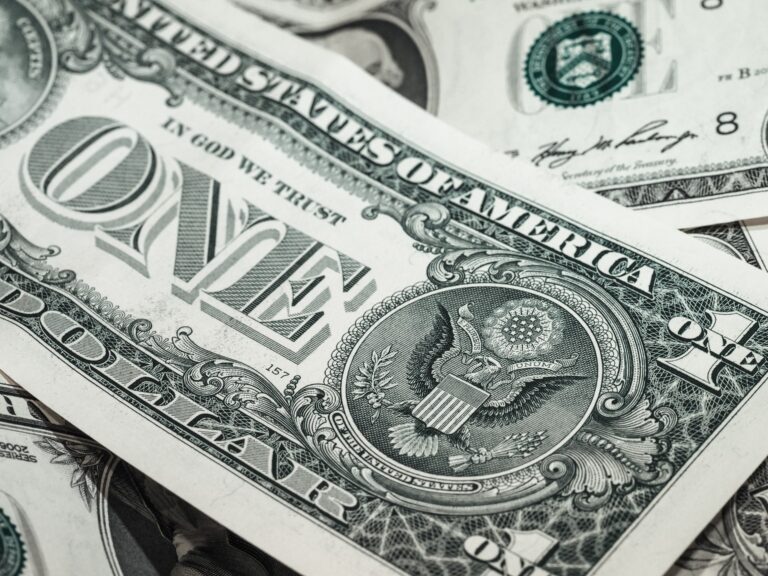
Morning Brief – A Hedge Becomes Defence
A Hedge Becomes Defence
Central banks and governments, depending upon the division of financial authority in a given nation, will hold significant Foreign Currency Reserves. There are many reasons to hold FX reserves. Firstly, it allows the nation to finance the capital account deficits created by its consumer, business, investment and governmental spending. Aside from facilitating international transactions at the national or common currency level, reserves also act to diversify risk in the domestic system.
To justify why foreign currency reserves have a balancing effect to sources of exogenous risk, let’s consider a nation that holds no reserve. It would be impossible to imagine a nation/government even with very low wealth per capita that would not hold significant sums of domestic currency. When an economic shock hits that country either from domestic activity (or lack thereof) or from an external source, the stockpile of wealth acts to destabilise the overall system. The value of wealth and reserves held in local currency decrease in relative value as the very currency it is held in deteriorates in buying power. This perpetuates the shock adding to its impact on the underlying economy.
When those domestic reserves of wealth become sizeable, it would therefore be sensible for a nation to take out contracts against its own currency or indeed diversify the underlying physical holdings into a foreign currency. When domestic currency reserves are too low in comparison to foreign reserves, instead of printing money, a nation can do the opposite: sell foreign reserves in favour of its own currency. This avoids the inflationary effects of quantitative easing that are very unpalatable for most nations in today’s financial environment. For a net importing nation, such activities can even help to reduce inflationary pressures imported from overseas.
Queue Sweden. A lot of chatter has taken place about the prospect of Sweden’s central bank buying the Krona and selling some of its international reserves. Figures of up to $6bn have been discussed as up for sale within FX forwards in the coming months. This is a timely debate with FX intervention being heavily discussed and driving significant volatility in the Yen last week.
Discussion and Analysis by Charles Porter

Related Insights

Daily Brief – A bank holiday breather
A bank holiday breather A US bank holiday yesterday meant that FX ranges have been relatively contained so far this week amidst lighter volumes. The Dollar itself has stalled in its latest attempt to claw back ground lost over the past few months as debasement fears grew. In addition to yesterday’s US bank holiday limiting […]

Daily Brief – An upset in the minutes
An upset in the minutes Minutes of the Federal Reserve’s January meeting were published yesterday evening. As you may tell from the market reaction, the contents of such minutes were far from in line with market consensus. If you cast your mind back to January 28th, the FOMC voted 10-2 to keep rates on hold. […]

Daily Brief – A belated jobs surprise
A belated jobs surprise Entering last week, the markets had expected January’s non-farm payrolls to be published on Friday. After disruptions to the frequency and quality of this statistic, published by the Bureau for Labor Statistics, yesterday’s data point had become all the more important. As last week progressed, it became apparent that the market […]


